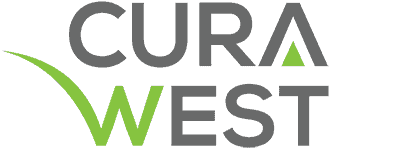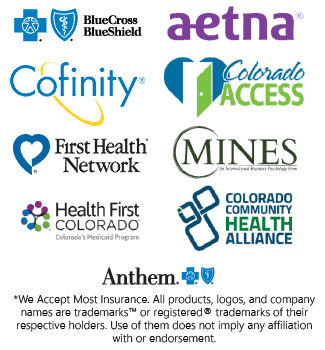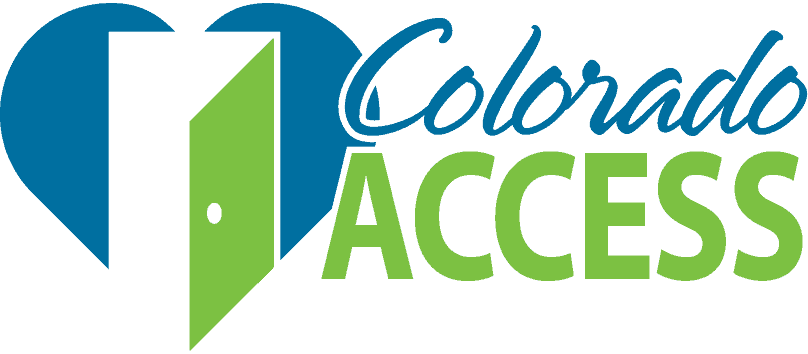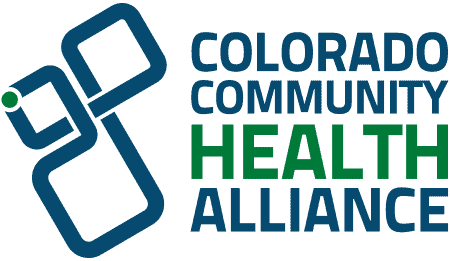Gender Expression
Those who do not conform to gender stereotypes or who express their gender in ways outside of the social “norm” often experience a great deal of societal prejudice, discrimination, and misunderstanding. Gender expression refers to how a person publicly presents or expresses their gender. This can include their outward appearance such as the way they dress/the clothing they wear, the way they style their hair, or the presence of any make-up. This can also include their behavior, including body language and tone of voice. A person might also express their gender through their chosen name and chosen pronouns. Others are inclined to perceive a person’s gender through these attributes. At CuraWest, we value gender expression and understand that gender expression can be — and often is — greatly impacted by society, family members, and peer groups. We also understand that negative experiences surrounding gender expression can lead to or exacerbate substance use. In our once-weekly Gender Expression groups, we explore the experiences of each client as they pertain to how their gender is expressed, and explore the link between freedom of expression and addiction.
What is Gender Expression?
Gender expression refers to the ways in which people present their gender identities to the public. In many instances, there is a discrepancy between societal expectations and the ways in which a person chooses to express themselves. For example, societal norms suggest only “women” should be wearing dresses and skirts (which are typically viewed as feminine articles of clothing), and only “men” should sport crew-cuts or shaved heads (typically viewed as masculine hairstyles). However, a cisgender woman might sport a shaved head and still identify as female; a transgender female might wear skirts and dresses and identify as female, but still sport facial hair. There are many dimensions to gender — in some cases, a person does not identify with the gender they were assigned at birth. As it stands, gender expression relies heavily on pre-existing cultural constructs. If a person attempts to express their gender in a way that is unexpected, or if they openly challenge societal norms, they might receive pushback from family members or peers. They might stifle the expression that resonates with them for fear of being bullied, punished, or discriminated against. They might conform for fear of the repercussions of being true to themselves.
The unfortunate truth is that gender expression does breed bias, and this bias can be far reaching. The Human Rights Watch reports that gender expression often affects access to and quality of healthcare. Many LGBTQ+ individuals experience significant healthcare barriers, from discrimination among insurers and providers to procedure delays. At CuraWest we make it a point to ask each client which name and pronouns they prefer. Honoring gender expression and identity is an important part of the healing process for many; especially among those who have faced personal pushback because of the ways in which they choose to express themselves. At CuraWest we help clients discover who they are on an authentic level, whatever that might look like.
We Are Here For You
Let Us Help You Heal
Our Drug & Alcohol detoxification experience is second to none.
Learn how we can help by speaking with one of our Treatment Advisors today.
How Gender Expression Affects Substance Use
There is an undeniable connection between gender expression, substance use disorders, and mental health. When a person attempts to express their authentic self and is met with anger, discrimination, and prejudice, a confusing and extremely detrimental message is being sent — “Who you are is not okay.” In a study titled, Gender Minority Social Stress in Adolescence: Disparities in Adolescent Bullying and Substance Use by Gender Identity, it was found that, “Gender minority youth had increased odds of past-12-month alcohol use, marijuana use, and nonmarijuana illicit drug use. Gender minority youth disproportionately experienced bullying and harassment in the past 12 months, and this victimization was associated with increased odds of all substance use indicators. Bullying mediated the elevated odds of substance use for gender minority youth compared to cisgender adolescents.”
A study published in Substance Abuse Treatment, Prevention, and Policy states, “Three themes emerged from the data that characterized individuals’ experiences in treatment settings: enacted stigma in the forms of social rejection and violence, transphobia and felt stigma, and “trans friendly” and inclusive treatment. Participants who reported felt and enacted stigma, including violence, left treatment prematurely after isolation and conflicts. In contrast, participants who felt included and respected in treatment settings reported positive treatment experiences.”
Inclusivity and freedom of expression are fundamental components of our treatment program. At CuraWest we meet each client exactly where they are, ensuring they feel safe and supported as they navigate early sobriety and self-discovery. By accepting clients for who they are and encouraging them to freely express themselves, we help foster mental and emotional healing while facilitating a deep level of self-acceptance. To learn more about our Gender Expression groups or to learn more about our inclusive treatment program in Denver, Colorado, contact us today.
Our Drug & Alcohol Detox Services Include
The Freedom to Explore Self
There is a direct correlation between gender nonconformity and substance use, a connection that has been studied in depth. Unfortunately, gender-diverse individuals often experience discrimination early on in life. A 2018 study conducted by JAMA Pediatrics found, “Gender nonconformity was associated with feeling sad and hopeless, as well as suicidal thoughts and/or behaviors, among female and male students. In addition, gender nonconformity was strongly associated with substance use among male students.” Findings like these point towards the importance of conscious inclusion. They suggest that school-based programs implemented to reduce substance use and promote mental health should cater to gender-diverse students. This underaddressed component of adolescent health often leads to serious substance-related issues later on in life. Many of our clients come to us confused about who they are and what they are “allowed” to be, having been met with disapproval when attempting to embrace and express their authentic selves. Feeling ostracized and isolated, many of our gender-noncomforming clients turned to drugs and alcohol as a way to cope; to fit in with their peers, or to combat the psychological and emotional pain that goes hand-in-hand with persistent self-denial.
At CuraWest we value and celebrate the individual. We allow our clients the freedom and space to explore self. We encourage them to express themselves however they choose, and treat each individual with the respect, kindness, and compassion they deserve. The freedom to explore to self in a safe space often means the difference between comprehensive healing and a return to substance use. Our individualized addiction treatment program caters to the needs of each client, and we work to develop unique treatment plans that thoroughly address all clinical needs. Contact us today to learn more.
Begin Healing Now!
Have A Call With One Of Our Treatment Advisors
Don’t Suffer Any Longer
Gender Expression is only one of the many therapeutic group sessions offered at CuraWest. Our program of addiction recovery in Denver, Colorado is both integrated and individualized, providing clients with a treatment experience unlike any other. As soon as you make the decision to reach out for help, you will be put in contact with an experienced Treatment Advisor who will walk you through our simple admissions process. We begin by conducting a brief assessment which helps us determine whether or not our recovery program is right for you. If it is determined that you would benefit from our medical detox program and/or residential treatment program, we conduct a free, no obligation health insurance benefit check and help arrange local ground transportation to our facility. If you live out of state we will help you arrange more extensive travel plans, though additional travel expenses will be your responsibility. To learn more about our holistically-based treatment program or to get started on your own personal journey of addiction recovery, contact us today.


















